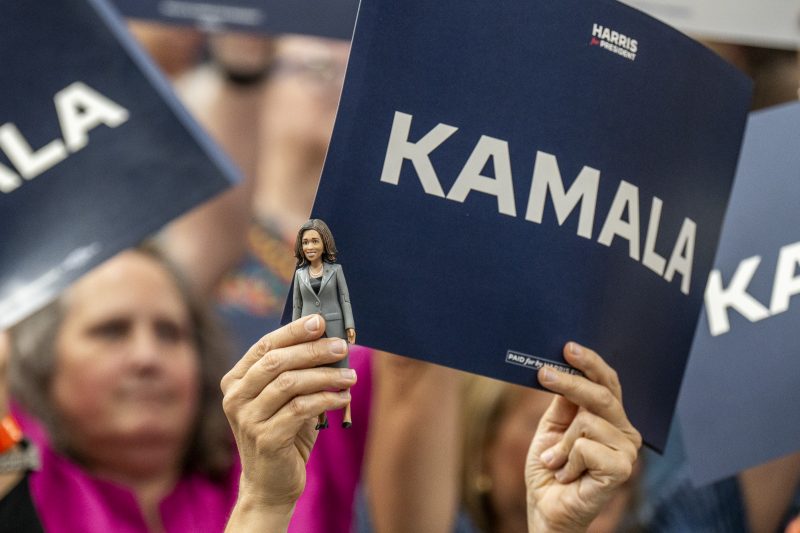Kamala Harris is under intense scrutiny for the potential cost of her 2020 campaign positions, with critics arguing that her policy proposals would come with a hefty price tag. The California senator and former presidential candidate made waves with her ambitious agenda, but the financial implications of her proposed reforms have raised eyebrows.
One of Harris’s major policy platforms was her Medicare for All proposal, which aimed to expand healthcare coverage to all Americans. While Harris claimed that her plan would not require any middle-class tax hikes, experts have estimated that the cost could be upwards of $30 trillion over a decade. This has led many to question the feasibility of implementing such a costly program without imposing significant tax increases.
Another expensive aspect of Harris’s platform was her proposal to provide a tax credit of up to $6,000 per family to address the rising cost of housing. While this initiative would undoubtedly provide relief to struggling families, the price tag of this program has been estimated at around $76 billion annually. Critics have argued that this is a substantial sum of money that would need to come from somewhere, whether through tax increases or cuts to other programs.
Harris also championed the idea of tackling climate change through a Green New Deal, which would involve significant investments in renewable energy and infrastructure. While the specifics of Harris’s climate plan were not fully fleshed out during her campaign, similar proposals have been estimated to cost trillions of dollars over the coming years. Critics have expressed concerns about the financial burden of such a massive undertaking and questioned the feasibility of implementing such ambitious environmental reforms.
Overall, the potential cost of Kamala Harris’s 2020 campaign positions has been a subject of intense debate. While her proposals aimed to address critical issues facing the country, the financial implications of these initiatives have raised valid concerns. As Harris continues to evolve her policy platform and position herself for future political endeavors, the question of how to pay for her ambitious agenda remains a significant challenge that she will need to navigate.
